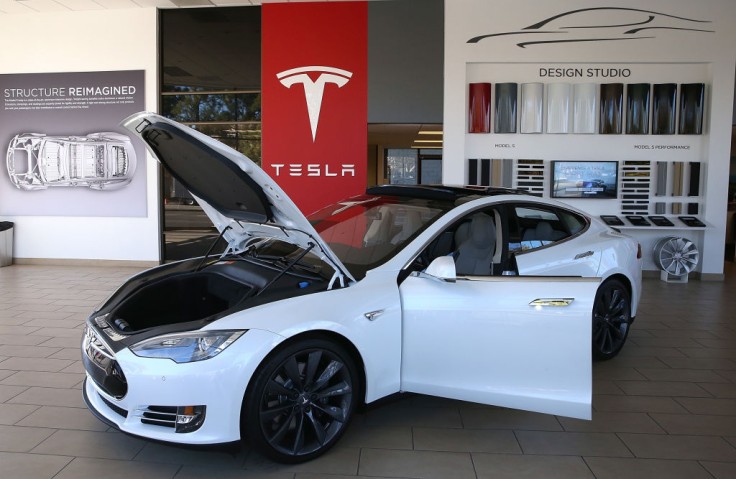The automotive industry predicts that there will come a time when battery-electric propulsion vehicles will dominate the market. We can see hints of that today with the rise of electric vehicle manufacturers such as Elon Musk's Tesla. The future is indeed bright - and green - if we will stop depending on fuel-powered engines.
However, at present, many things need to change first, from bringing down the cost of Evs to making sure that there are enough charging stations for electric-powered cars everywhere. Without these changes, using an electric vehicle today will present challenges that might outweigh the advantages that it offers.
To get you to a well-informed decision, here are the pros and cons of using electric cars

Pros of Using Electric Cars
Energy Efficiency
When we say that a vehicle is energy-efficient, it should be able to use less energy to power up the engine. In the market, electric vehicles are known to have greater energy efficiency compared to traditional fuel-powered cars. As per EnergySage, an AEV battery converts 59 to 62 percent of its energy to propel a vehicle. On the other hand, a gas-powered battery converts around 17 to 21 percent.
Reduction of Carbon Footprint
There is a reason why electric vehicles are said to make the world "greener." Since EVs use rechargeable batteries and don't rely on fossil fuel to convert energy, there are no tailpipe emissions. Consequently, using electric cars will greatly reduce your carbon footprint. Reducing emissions would be beneficial to a country like the United States, whose major source of pollution is car emissions.
Less Maintenance Cost
For those who have already ridden an electric car, it is noticeable that their engines run quietly and smoothly. Believe it or not, they do not require as much maintenance cost as internal combustion engines. For starters, you do not have to spend money on an oil change if you are using an electric vehicle. It is also worth noting that AEV engines have faster reactions compared to fuel-powered ones, thus also having better responses with good torque.
Related Article: 5 Maintenance Tips Electric Vehicle Owners Should Keep in Mind
Cons of Using Electric Cars
Difficulty to Find the Nearest Charging Station
The good thing about an electric car is that you can simply charge it at home, instead of going to a gasoline station to fill up your car if you are using a gas-powered vehicle. However, powering up an EV isn't always this convenient.
If you are off a long journey with your electric car and you suddenly have the need to charge, you need to find an EV charging station that is compatible with your car model. Unfortunately, there is still limited number of charging stations across the United States, but there are efforts to add more in parking lots, according to Solar Reviews.
Charging an EV Can Take a Long Time
Another downside of using an electric car is the amount of time needed to power it up. It will only take about five minutes to fill up the fuel tank of a gas-powered vehicle but for EVs, you will need up to two days to fully charge their batteries, especially if they are depleted. Even if you have access to a fast-charging station, it will require at least 30 minutes to reach 80 percent capacity.
High Initial Cost
The most obvious disadvantage of having an electric car is the fact that it is expensive. You can indeed save money due to tax credits, as well as saving money for fuel costs, but the current market price of a regular electric vehicle is quite huge.









